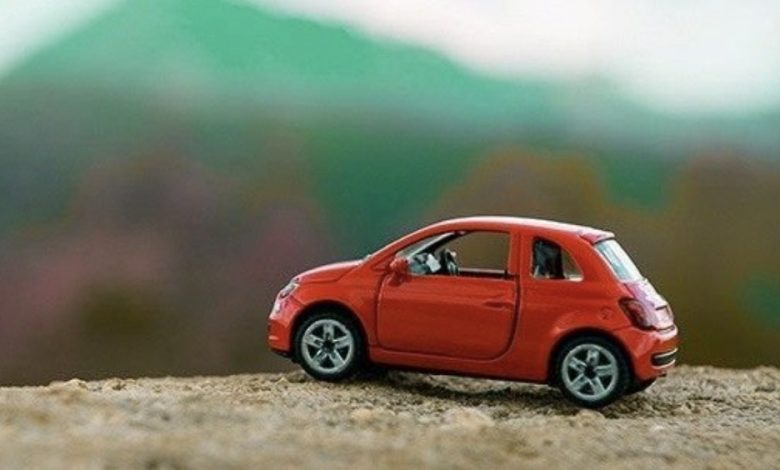Personal benefits

There are costs and benefits to car use. The costs to the individual include acquiring the vehicle, interest payments (if the car is financed), repairs and maintenance, fuel, depreciation, driving time, parking fees, taxes, and insurance.[8] The costs to society include maintaining roads, land use, road congestion, air pollution, public health, healthcare, and disposing of the vehicle at the end of its life. Traffic collisions are the largest cause of injury-related deaths worldwide.[9]
Personal benefits include on-demand transportation, mobility, independence, and convenience.[10] Societal benefits include economic benefits, such as job and wealth creation from the automotive industry, transportation provision, societal well-being from leisure and travel opportunities, and revenue generation from taxes. People’s ability to move flexibly from place to place has far-reaching implications for the nature of societies.[11] There are around 1 billion cars in use worldwide. Car usage is increasing rapidly, especially in China, India and other newly industrialized countries.[12]
Contents
1 Etymology
2 History
3 Mass production
4 Fuel and propulsion technologies
5 User interface
6 Lighting
7 Weight
8 Seating and body style
9 Safety
10 Costs and benefits
11 Environmental impact
12 Emerging car technologies
12.1 Autonomous car
12.2 Open source development
12.3 Car sharing
13 Industry
14 Alternatives
15 Other meanings
16 See also
17 References
18 Further reading
19 External links
Etymology
The English word car is believed to originate from Latin carrus/carrum “wheeled vehicle” or (via Old North French) Middle English carre “two-wheeled cart,” both of which in turn derive from Gaulish karros “chariot.”[13][14] It originally referred to any wheeled horse-drawn vehicle, such as a cart, carriage, or wagon.[15][16]
“Motor car,” attested from 1895, is the usual formal term in British English.[3] “Autocar,” a variant likewise attested from 1895 and literally meaning “self-propelled car,” is now considered archaic.[17] “Horseless carriage” is attested from 1895.[18]
“Automobile,” a classical compound derived from Ancient Greek autós (αὐτός) “self” and Latin mobilis “movable,” entered English from French and was first adopted by the Automobile Club of Great Britain in 1897.[19] It fell out of favour in Britain and is now used chiefly in North America,[20] where the abbreviated form “auto” commonly appears as an adjective in compound formations like “auto industry” and “auto mechanic”.[21][22] Both forms are still used in everyday Dutch (auto/automobiel) and German (Auto/Automobil).[citation needed]
